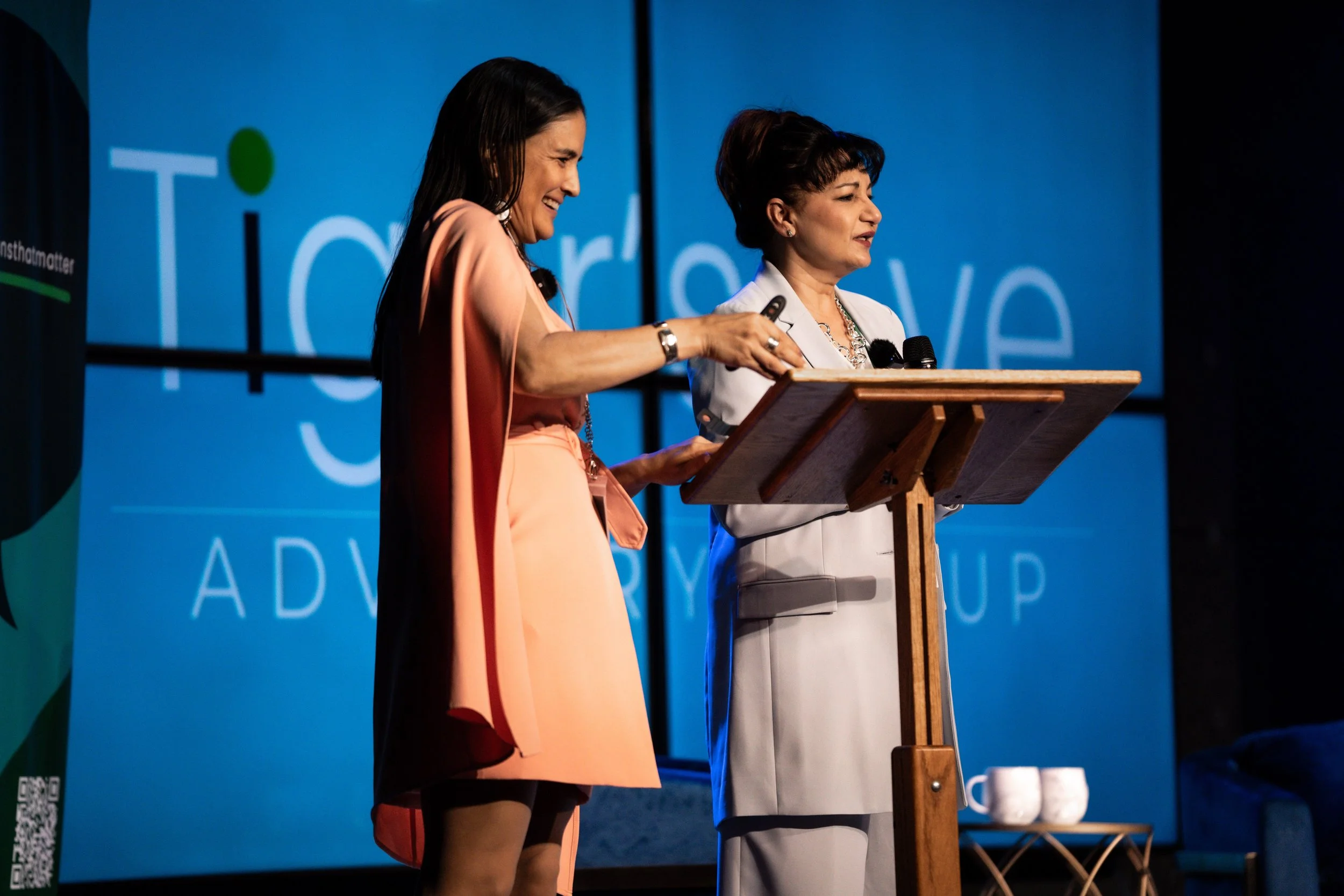An interview with Dr. Candy Khan
We were honoured and grateful to catch up with Dr. Candy Khan last week and have her answer all our burning questions surrounding Communications and Equity, Diversity, and Inclusion (EDI) Leadership. Dr. Khan is an International Best Seller Author, and an Award-Winning Strategic Advisor with over 20 Years of Progressive Experience in EDI.
We asked her two important questions that are imperative to our industry, how can we change leaders’ mindsets, so they take on actionable steps for a more inclusive workplace rather than being performative? And what would make leaders, people managers, decision makers, those with privilege, care about making changes to support underrepresented groups? Dr. Khan shares insightful opinions on leadership styles, and her candid thoughts on EDI Leadership and what this means for future leaders.
Read her full response below:
“We must first clarify what is meant by the term leader. Do we mean lawful authority, that is acknowledged by those who are governed by it? Or are we referring to personal power that innate to a person as opposed to authority bestowed by a title or position. If we embrace the latter, then we are all leaders. For the purposes of this discussion, I'm referring to those who have been given authority to rule and make judgments. Many leaders, in my opinion, have not taken the time to examine their leadership style, values, beliefs and ideology. These leaders have not stopped to consider their own intersectionality, positionality, and identity. They contend that they uphold the golden rule (treat everyone equally) and are impartial and neutral. In fact, certain leaders completely reject the disparities in their stance is that "all that matters is that we are here to work and have a common purpose." Put another way, when employees arrive at work, they are expected to put aside their assumptions, attitudes, beliefs, and ethnicity as well as their gender and sexual orientation.
Then there are some leaders who profess to support Equity, Diversity, and Inclusion (EDI) yet continue to promote people who are white, middle-class, able-bodied, English-speaking and cis-gendered. Their acts, however, are performative; for example, they will announce territorial acknowledgment, host cultural days, and include equitable declarations in their employment advertisements. There exists an additional group of leaders who recognize that diversity is a benefit to their business yet are unsure how to embed EDI into their organization. A different group of leaders are those who are inquisitive about their identities, prejudices, and presumptions. These leaders make the effort to reflect on themselves, look for coaching, and go deeper to understand others who are on the opposite end of the spectrum. Put differently, these leaders serve as mentors to people with whom they have no common ground. The same leaders may also go to workshops, seminars, and webinars on diversity, inclusion, and equity. These leaders are more likely to develop an EDI statement and an authentic commitment because they are self-aware, emotionally intelligent, and interculturally competent.
These progressive, catalyst leaders want to make sure that their workforce represents the populations they serve, that systemic barriers are found and eliminated, that people are respected for their differences, and that everyone feels safe psychologically. They make sure that EDI is more than just a box to be checked and is integrated into their daily operations. These leaders understand that transformation begins on an individual basis and progresses to the interpersonal, cultural, and institutional levels. Now is the moment for leaders to take action as the anti-DEI movement gains traction and go beyond showy gestures and actions in favor of a sincere and long-lasting commitment to change.”
Dr. Candy Khan recently spoke at our Cultivating Authentic Leadership Conference that happened on May 14 and 15 in Kelowna, BC.

